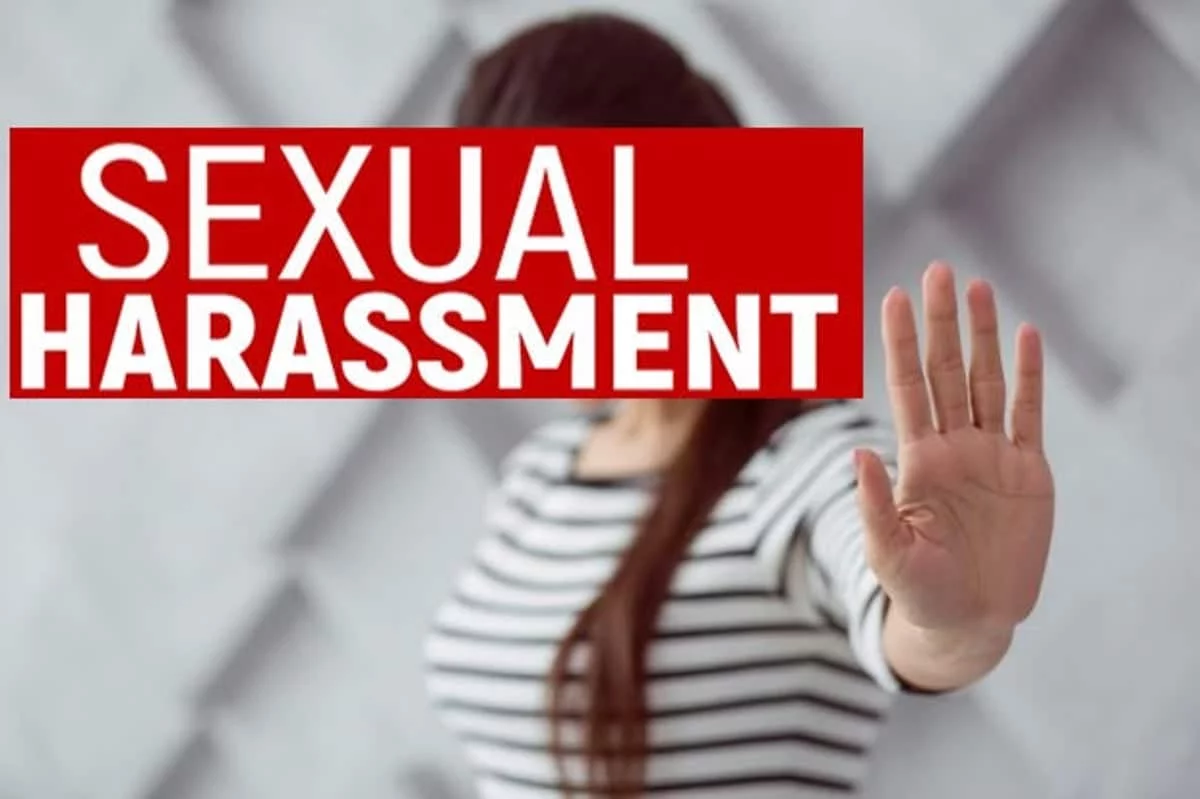UN Women Deputy Country Representative to Nigeria, Mr. Lansana Wonneh has identified weak enforcement of laws and discriminatory social norms as some of the challenges which is currently against the fight to end violence against women and girls in the country.
Wonneh, made this assertion yesterday Abuja while speaking at the joint symposium for special needs groups as part of the commemoration of 16 Days of Activitism.
Wonneh who was represented by Patience Ekeoba, National Programme Officer, UN Women, said violence against women and girls (VAWG) remains one of the most prevalent and pervasive human rights violations in the world.
He noted that violence negatively affects women’s physical and mental health and well-being at all stages of their life and impacts their professional development and economic empowerment.
He revealed that one in every three women has experienced one form of violence or the other, adding that it has resulted in huge economic loss in the world.
‘Globally, an estimated 736 million women — almost one in three — have been subjected to physical and/or sexual intimate partner violence, non-partner sexual violence, or both at least once in their life.
‘Violence against women has also broader social and economic consequences for families, communities and societies and impedes the achievement of sustainable development and cost the world an estimated US$1.5 trillion Dollars (IMF report).
Read Also: Congo Opposition Candidate Suspends Campaign Over Violence
‘The good news is that VAWG is preventable and we have evidences of what works in preventing and eliminating violence against women and girls;we need to continue to invest in transforming social norms, addressing unequal gender power relations, strengthening essential services for survivors, and enabling safer environments,’ he said.
He further underscored the need to prevent violence against women and girls from happening, adding that “Being able to stop violence from occurring in the first place is critical to achieving the goal of ending violence against women and girls because if violence does not occur all the other gender based violence responses will not be necessary.
He further pointed out that women living with HIV, Women living with Disability, Elderly women and young people experience violence differently and other special need groups experience violence differently because of their vulnerability and special needs.
According to him, ‘The situation of these special need groups is further worsen because of the burden of HIV, Women with disabilities face many different types of physical, emotional, mental, and psychosocial violence such as bullying and discipline in schools, social isolation, belittling based on disability, lack of access to reproductive care and an increased risk of being trafficked.’
He therefore, advocated more investment by government, development partners, private sector and foundations towards financing various development plans developed towards ending violence against women and girls as well as calling for more collaboration and partnerships between/among traditional and non-traditional donors, foundation, private sector and other philanthropies organisations.
In her remarks, Head of Health Desk in the Federal Ministry of Women Affairs, Mrs. Mary Shaibu, disclosed that the Federal Government would soon establish mobile courts across the country for the trial of the perpetrators of gender based violence.
Shaibu stressed the need for all stakeholders to amplify the message towards ending violence against women and girls in Nigeria.

